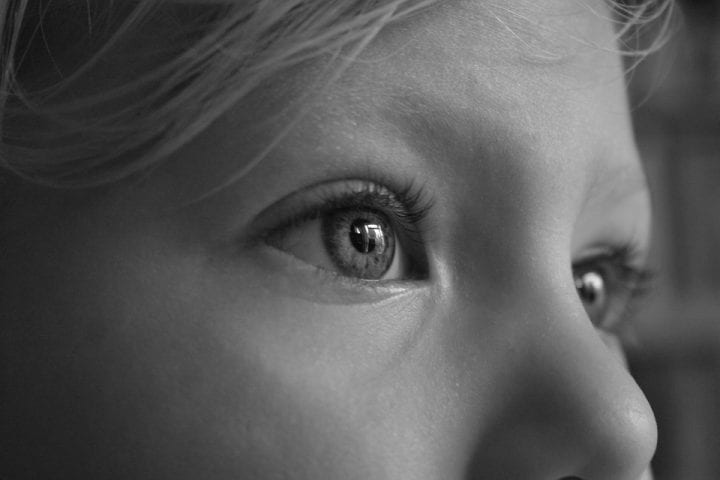
WITS Voices: First Impressions
March 2, 2016
By Michael Overa, WITS Writer-in-Residence
The first day of a new class, I’ve begun a rather nerve-wracking experiment (as if simply standing in front of thirty seventh or eighth grade students I’ve never met before wasn’t enough.) The experiment goes something like this: shortly after my partner teacher’s introduction – and before explaining any more about who I am – I ask students to take out a piece of paper. I tell them I am going to stand at the front of the room, and they will have five minutes to write down what they assume about me based on what they see.
They can’t ask me any questions; they can only observe.
As human beings, we tend to have an aversion to this type of thing. We don’t find it natural or comfortable to ask people to observe (and ostensibly judge) us. Many of us spend all of our time trying to avoid it. In fact, as an introvert, I’ve become quite good at public invisibility. But this exercise is not about students’ judgment of me. It’s about tuning students into their own awareness. It’s about beginning from scratch, taking advantage of an opportunity, and trying to teach empathy.
As writers, we build characters from scratch. We often begin with the physical. As we write, we try to pick up nuances of speech and action. We may pick the pockets of our characters – finding out what they keep in their wallets or purses. Tim O’Brien leveraged this beautifully in The Things They Carry. The result is a deeper understanding of the characters as we begin to know what individuates them.
At the end of the five minutes, I ask several students to volunteer observations. The observations range widely. Recently, one student raised his hand and proclaimed: “You’re a writer.” I acknowledged this as true, but carefully pointed out that this wasn’t based on sheer observation. Another student pointed out that she could tell I was married because I was wearing a wedding band. A third student, made the following astute assertion: “You like to be able to write wherever you are.”
This gave me pause, “What makes you say that?”
He answered: “You have a pen clipped to your shirt. So you probably always want to be able to write stuff down.”
While I may leave it for them to infer, all of the work from there on out –including candid discussions on their experiences of stereotyping and being stereotyped – leads me towards two big ideas. First, I want the students to understand how to create more dynamic characters. Second, and far more importantly, I want the students to understand how we form our opinions of other people.
These assumptions are so automatic, so quick that we often don’t even realize we’re doing it. Writing fiction allows us an opportunity to slow down and think about what we’re doing when we make assumptions based on observation. It also allows us the space to think about why we do it, and the particular affect of those assumptions.